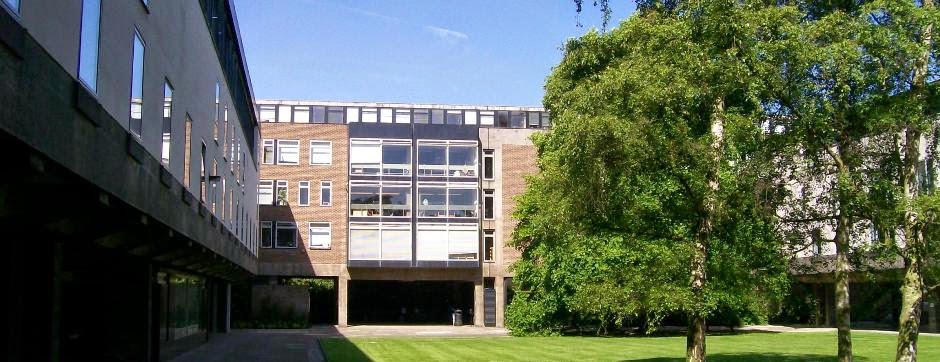Most single book donations either fit into our collections’ profile, or we suggest to the donor that we could pass it on to another library in Cambridge. Less frequently we receive a donation which actually is a collection in itself. The recently catalogued J.C. & G.B. Hagelberg Collection comprises almost exclusively what can be broadly labelled as sugar-related publications, or (more specifically) on sugar production in Cuba.
 |
|
Jerry Hagelberg; photo: David Ridge
|
John Paul Rathbone called Jerry Hagelberg (in an obituary at http://blogs.ft.com/beyond-brics/2011/09/09/bye-bye-mr-sugar/) “Mr Sugar”. Hagelberg was born in 1925 in Berlin, Germany, and died in 2011 in Canterbury, England. In the 1960s he worked as a consultant and researcher in Cuba, and advised the government there - and later in other countries - on sugar pro- duction. Hagelberg primarily published as a journalist, not only under his own name, but also under the following pen names: Gerardo Bernardo and Charles Wisley. His private library illustrated that Hagelberg’s thinking and writing was conducted by consulting academic scholarship.
The J.C. & G.B. Hagelberg Collection was much more substantial, but for various reasons we could not take all the books of this private collection. So far we have nearly cat- alogued all the books we have accepted, and you can see the 79 results at http://depfacfm-newton.lib.cam.ac.uk/vwebv/search?searchArg=hkey+Hagelberg&searchCode=CMD*&limitTo=none&recCount=25&searchType=1&page.search.search.button=Search
Whereas some books are more of a historical nature and interest, such as the 1972 publication titled Sugar without slaves: the political economy of British Guiana, 1838-1904 (Marshall Library classmark: 90 I 139), others, such as the 2005 Reinventing the Cuban sugar agroindustry (Marshall Library classmark: 26 FD 21) is a more recent academic collection of writing about sugar production on a large scale.
Some of these books have already been used, others wait for an eager scholar to consult them. We are hoping to include a couple more books from this private collection, in order to make it available to students and academics in Cambridge, as well as any external scholars (but we might need to ask visitors to consult these books outside term time).
CG
